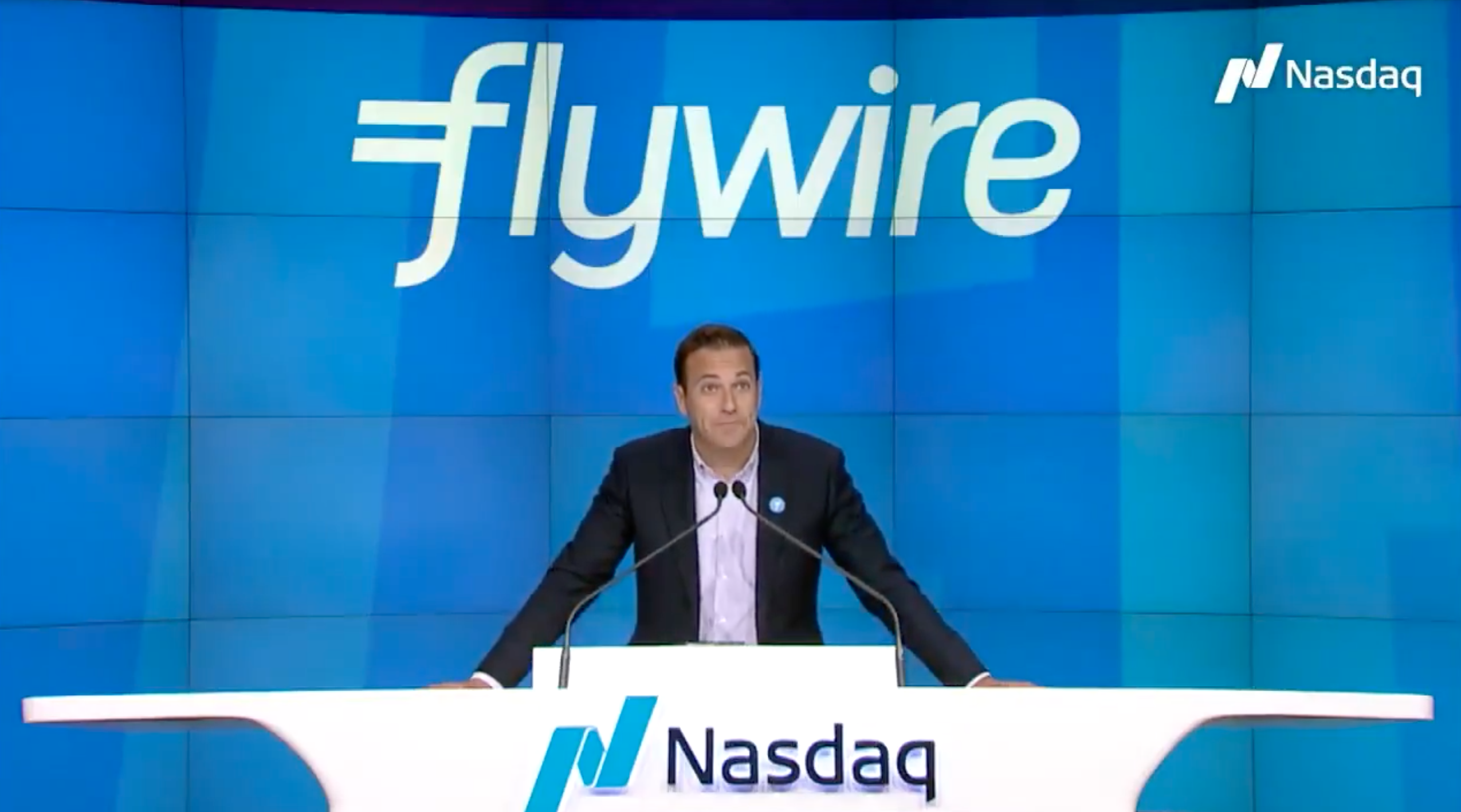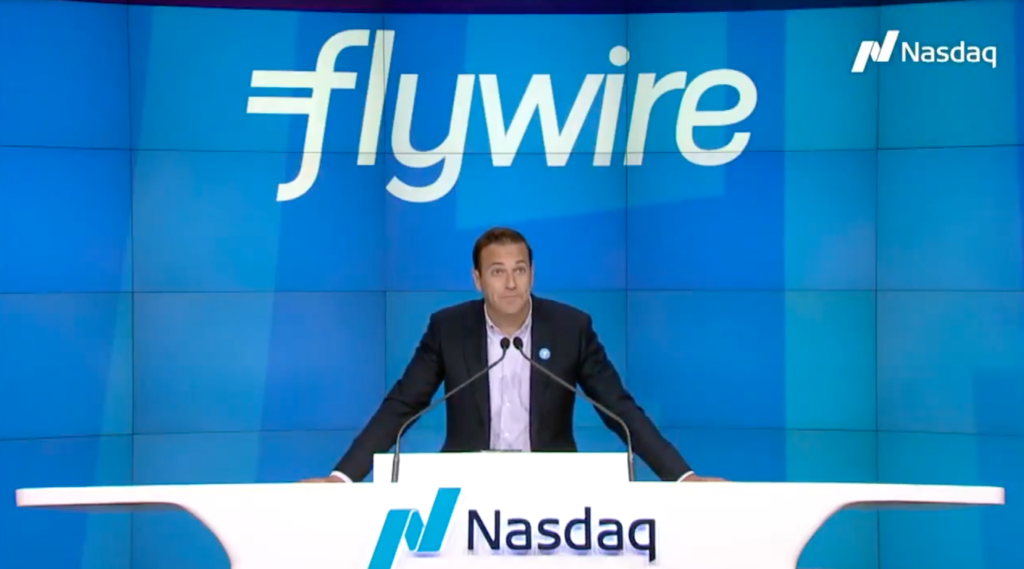
Identity verification and remote deposit capture solutions provider Mitek has acquired AI-powered biometrics company ID R&D this week. Terms of the deal were undisclosed.
Under the agreement, Mitek will integrate ID R&D’s portfolio of biometric technologies into its own identity verification solution. Additionally, ID R&D will continue operating under its own brand and will still sell its biometrics products directly to the market. The company’s solutions include IDLive Face, a passive facial liveness detection tool; and IDLive Voice, a voice anti-spoofing technology.
By integrating ID R&D’s technology into its own, Mitek will offer consumers and businesses a more holistic identity verification and fraud prevention product that protects a transaction from start to finish. The new solution will offer banks and other organizations with a single authentication tool that offers a simple approach to fighting fraud throughout each step of a transaction.
“With additional resources now available to the ID R&D team, we expect to bring exciting breakthroughs to the market at an even faster pace,” said ID R&D President Alexey Khitrov in a blog post. “Mitek’s financial strength, global reach, and scale will only enhance our ability to expand our core biometric product portfolio.”
ID R&D was founded in 2016 and is headquartered in New York City. The company has raised a total of $5.7 million across two rounds of funding, the most recent investment taking place in May of 2019.
Founded in 1986, Mitek went public in 2011 and now trades on the Nasdaq under the ticker MITK. The company has a market capitalization of $739 million.
The increase in consumers going digital has been beneficial to Mitek. Last year, Mitek saw a year-over-year growth increase of 20%. This growth is likely to increase. In fact, Juniper Research estimates that by 2025, 1.4 billion consumers will be using facial recognition to facilitate secure transactions.






















